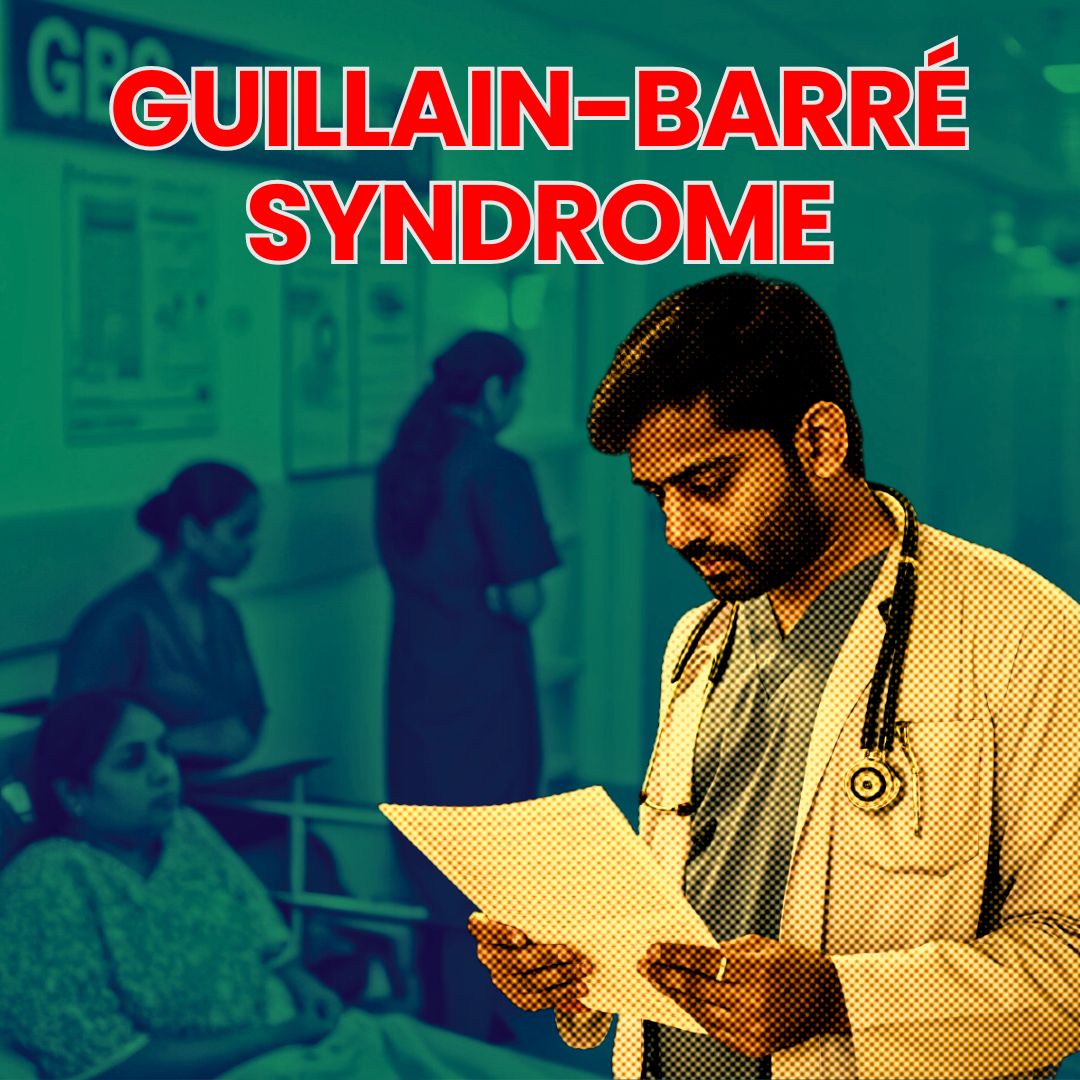A critical Guillain-Barré Syndrome (GBS) outbreak has emerged in Pune, with 59 confirmed cases primarily in the Sinhagad Road area, triggering comprehensive medical and public health investigations.
What is Guillain-Barré Syndrome (GBS)?
Guillain-Barré Syndrome is a rare autoimmune neurological disorder where the body’s immune system attacks peripheral nervous system neurons. Characterized by rapid onset muscle weakness and potential paralysis, GBS affects approximately 1-2 individuals per 100,000 annually.
Key features include:
- Sudden neurological deterioration
- Potential full recovery in 80% of cases
- Possible long-term complications
- Triggers include viral/bacterial infections
- Most common in adults aged 30-50 years
Outbreak Epidemiology: Unraveling the Medical Mystery
Detailed investigations reveal a complex clinical landscape with patients aged 22-65 years, showing 62% male and 38% female representation. Dr. Rajesh Kumar, Chief Epidemiologist, confirmed potential waterborne or viral triggers concentrated along the Mutha riverbank’s peripheral regions.
Clinical Characteristics and Medical Understanding
Patients in this outbreak demonstrated classic GBS symptoms:
- Progressive muscle weakness
- Tingling sensations in extremities
- Potential respiratory complications
- Neurological system deterioration
Comprehensive Response and Intervention Strategy
Dos and Don’ts Advisory
Dos:
- Maintain strict personal hygiene
- Consume only boiled/treated water
- Seek immediate medical consultation for neurological symptoms
- Follow prescribed medical protocols
Don’ts:
- Avoid consuming unverified external food sources
- Do not ignore initial neurological warning signs
- Prevent spreading unconfirmed information
- Refrain from self-medication
Government and Institutional Response
State health authorities have:
- Deployed 17 specialized surveillance teams
- Initiated extensive environmental sampling
- Collaborated with National Institute of Virology
- Established dedicated medical monitoring units
- Activated emergency medical response protocols
Laboratory and Investigative Insights
Preliminary findings suggest:
- Potential viral etiology
- Possible environmental contamination
- Complex immunological triggers
- Need for extensive microbiological investigations
The Logical Indian’s Perspective
This outbreak illuminates critical vulnerabilities in public health infrastructure. How can we transform this challenge into an opportunity for comprehensive healthcare reform, community resilience, and proactive medical preparedness?
Expert Recommendations
Dr. Amrita Patil, Neurological Research Director, emphasizes, “This outbreak demands a multidisciplinary approach combining medical expertise, environmental investigation, and community engagement.”











